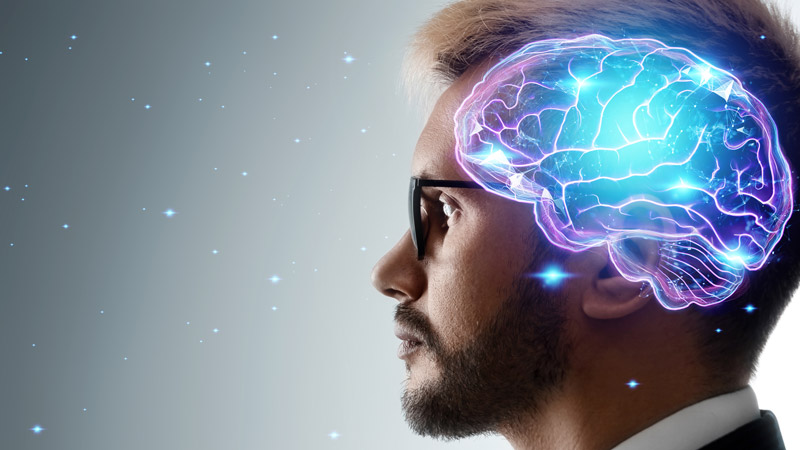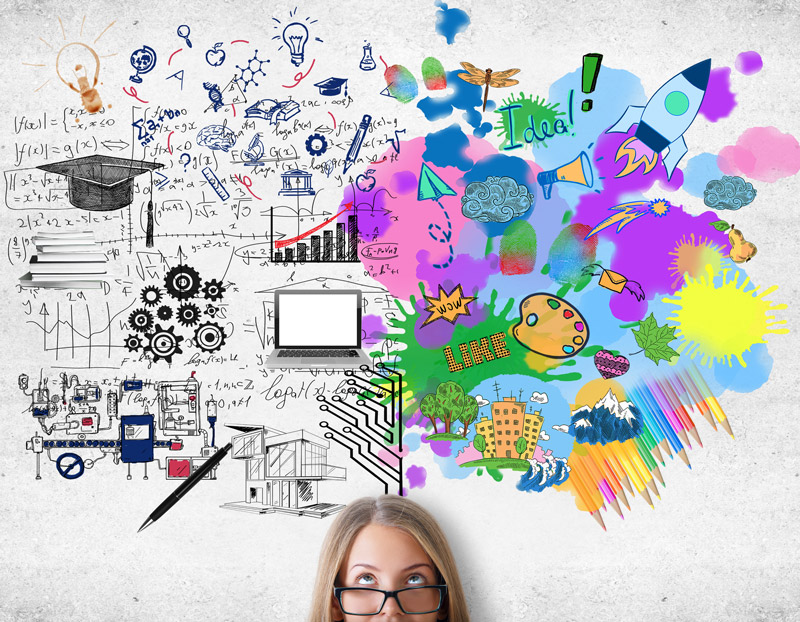
When you suffer from anxiety, it's easy to fall into the trap of negative self-talk. You may feel angry or frustrated that you cannot quiet your racing thoughts. You may even feel foolish that you cannot help feeling this way even though you know there is no reason to be anxious. But recent scientific developments have concluded quite the opposite: anxiety is an indicator of heightened intelligence.
A study conducted by Lakehead University found that students who reported heightened levels of anxiety scored higher on verbal IQ tests. Research into anxiety disorders by a psychiatrist at SUNY Medical Center determined that patients who initially displayed more severe symptoms had higher intelligence scores. Another behavioral study conducted by Israeli psychologists found that subjects with the highest IQs became the most anxious in the midst of a traumatic event.
Research into this phenomenon has found that people with anxiety are often more attuned to subtle behaviors and are hyper-vigilant of their environment. Also known as "sentinel intelligence," this type of behavior developed in early humans as a protection mechanism. Being able to detect details in their surroundings that were nearly invisible to others allowed them to anticipate when danger might be imminent.

Individuals with anxiety tend to be analytical thinkers. They rely on logic and reason to recognize patterns and decipher meaning instead of relying on their "gut." Researchers suggest that this focus on the underlying meaning of words is the reason that anxious people tend to score higher on verbal intelligence tests. It is no wonder that many of history's brightest scientific minds struggled with anxiety, including Nikola Tesla, Charles Darwin, and Kurt Gödel.
Anxiety sufferers have also been shown to be highly empathetic. That is, they are very aware of other people's emotional state and can identify closely with their feelings. In fact, anxious people tend to be so attuned to the sensitivities of others that they frequently adopt other people's emotional issues as their own. Strong emotional connections are forged through the mutual understanding and sharing of personal vulnerabilities. For this reason, people who suffer with anxiety are typically sensitive and caring and often forge deep emotional bonds with others.
The old adage that "ignorance is bliss" rings true, as a natural predisposition to anxiety usually indicates a higher IQ.
